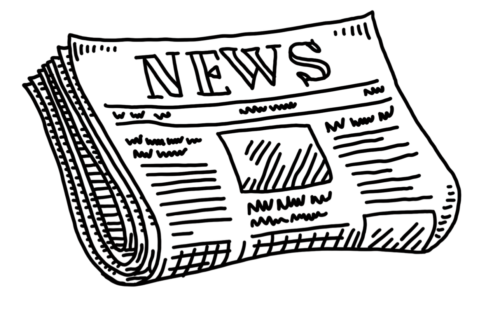Since returning to campus, Harvard has made several strides in reversing its missteps from last fall, such as creating task forces to tackle both Islamophobia and Antisemitism on campus. However, the aftermath of the events of last semester, ranging from campus demonstrations to presidential resignations, continue to unfold with no clear resolution in sight. Moving forward, we will be reporting updates on important developments each week—here are some of the most anticipated ongoing stories:
Harvard University’s Search for a New President: Since the resignation of former Harvard University President Claudine Gay, Harvard will soon begin its search for the University’s next president. Harvard Provost Alan Garber ’76 is currently serving in the interim role and has confirmed he will not return to his previous position. Though no official timeline has been confirmed, so far two additional members have joined the Harvard Corporation, and the announcement of the official presidential search committee should be soon to follow.
Campus Protests and Discourse: Last semester saw dozens of campus protests and discourse in response to the Israel-Palestine conflict and frustrations with the University. With Harvard officials hardening its position on protest guidelines, such as prohibiting classroom disruptions, and student activists feeling repressed by the University, the coming weeks could present a standoff as students and administrators navigate increasingly challenging circumstances. Since returning, a “Die-In” led by the organization Harvard Out of Occupied Palestine was held on Feb. 12th on the Widener steps, and pro-Palestinian students and affiliates rallied at the Science Center on Feb. 8th.
The Harvard Corporation and the Board of Overseers: Both the Harvard Corporation and the Board of Overseers, who previously held a more behind-the-scenes role in campus leadership, have recently been thrust into the spotlight, receiving criticism for the role they played in the way the last few months at Harvard have unfolded. These groups will have a large say in leading the University through its leadership crisis, especially by choosing its next president. Co-CEO of KKR Joseph Bae ’94 and former CEO of Merck and Co. Kenneth Frazier ’78 recently joined the Corporation, and billionaire donors like Mark Zuckerberg and Bill Ackman ’88 have offered their endorsements for various candidates for the Board of Overseers. Each governing body will play a crucial role in deciding Harvard’s future.
Decisions of the Ad Board: Two high-profile campus protests were met with disciplinary action by the University. Eight students who occupied University Hall for 24 hours to advocate for a ceasefire of the Israel-Hamas war, as well as four student organizers of a “Week of Action” for Palestine, were subject to meetings with the Ad Board. The ultimate decision of the Ad Board, the administrative body that regulates undergraduate student academic and social conduct, is still underway.
Congressional Investigation: In December, Congress announced it would be opening an investigation into Harvard over claims of Antisemitism and limited free speech. The move came in the wake of Claudine Gay’s highly criticized congressional testimony. Since their announcement, Congress has accused Harvard of obstructing the House investigation by withholding and redacting requested documents.
Layla Chaaraoui ’26 (laylachaaraoui@college.harvard.edu) is the Managing Editor of the Independent.

